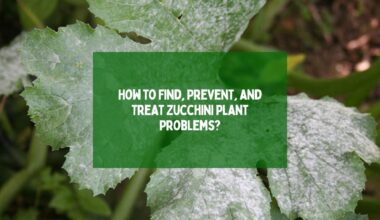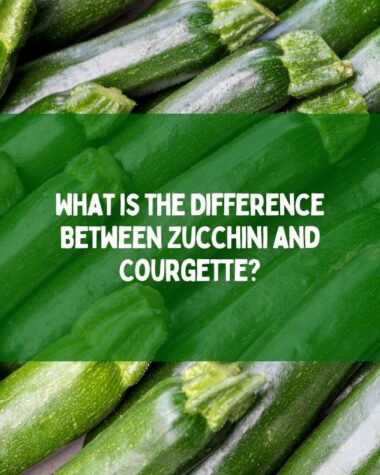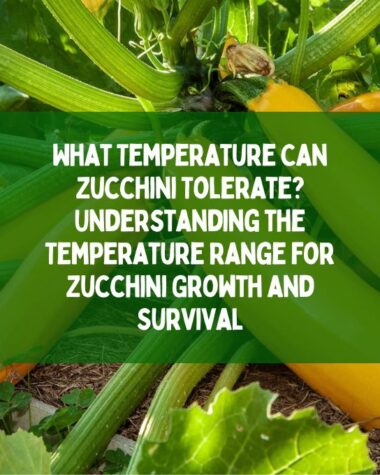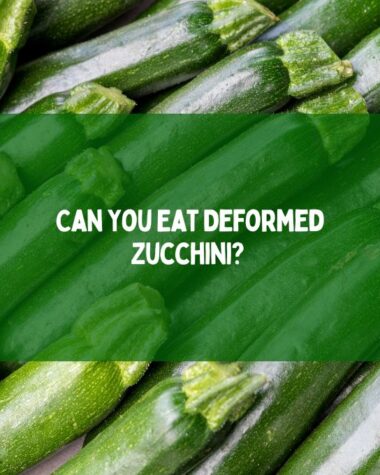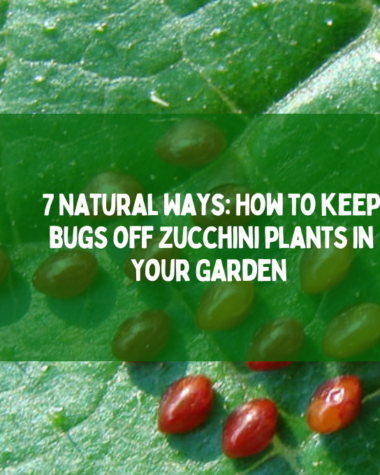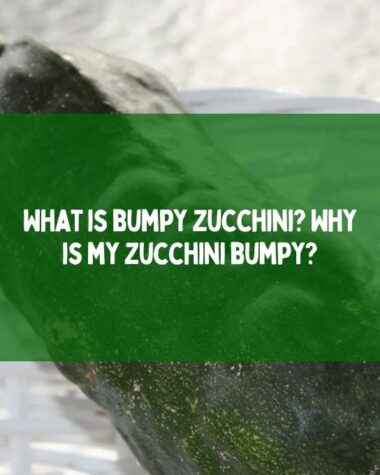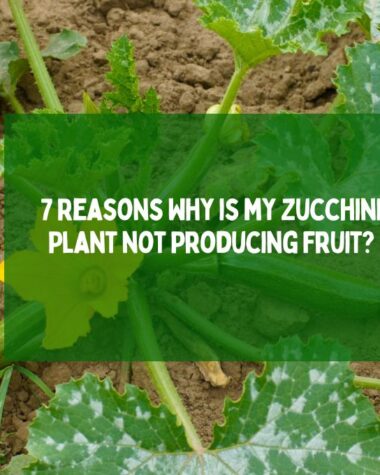Zucchini is a type of summer squash that is commonly used as a vegetable in cooking. It has thin, dark green skin and a mild, slightly sweet flavor. Zucchini is low in calories and high in fiber, vitamins, and minerals. It is a good source of vitamin C, vitamin A, and potassium.
Zucchini is a popular and versatile vegetable that is easy to grow in your backyard garden. Not only is it delicious and nutritious, but it is also low in calories and rich in antioxidants.
Zucchini can be prepared in a variety of ways, including grilled, sautéed, roasted, or steamed. It can be used in salads, stews, soups, and pasta dishes. It is also commonly used in baking, such as in zucchini bread or muffins.
Also, zucchini can be made into noodles that can be used in place of pasta in many recipes. Overall, zucchini is a versatile and healthy vegetable that can be enjoyed in many different ways. In this article, we will discuss how to plant zucchini from seeds.
Steps to Grow Zucchini From Seeds
Growing zucchini is a great way to add fresh, home-grown produce to your meals. How do I plant zucchini seeds?
Let’s dig into some steps on how to plant zucchini.
Choosing the Right Location
Choose the perfect location to plant zucchini. Zucchini plants require full sun, which means they need at least six hours of direct sunlight per day. So, it’s important to choose a spot in your garden that gets a lot of sunlight. Additionally, the soil should be well-draining, nutrient-rich, and slightly acidic, with a pH between 6.0 and 7.0.
Planting Zucchini
Zucchini can be planted either from seed or from seedlings. If you are planting seeds, sow them directly into the soil in early spring, after the danger of frost has passed. Plant the seeds about an inch deep and six inches apart. If you are planting seedlings, plant them at the same depth as they were in their container and space them 18 to 24 inches apart.
Watering
Zucchini plants require regular watering, especially during hot and dry weather. Water deeply and consistently, making sure the soil is moist but not waterlogged. Overwatering can cause the roots to rot, so be careful not to water too frequently.
Fertilizing
Zucchini plants are heavy feeders and require regular fertilization. Fertilize the plants with a balanced fertilizer every two to three weeks. You can also add organic matter, such as compost or aged manure, to the soil before planting to provide extra nutrients.
Pruning
Zucchini plants tend to grow rapidly and can become unruly if left unpruned. To keep the plants under control, pinch off the growing tips when they reach a foot in length. This will encourage the plant to branch out and produce more fruit.
Harvesting
Zucchini is ready to harvest when it is six to eight inches long and the skin is firm and shiny. Use a sharp knife or pruner to cut the zucchini from the plant, leaving a small stem attached. Be sure to harvest the zucchini regularly to encourage the plant to continue producing.
Related Reading:
- How to Grow Cucumbers From a Cucumber?
- Growing Tomatoes in Small Spaces: 6 Best Varieties to Try
- Can You Grow Carrots? / What Are Some Common Carrot Varieties?
How long to grow zucchini from seed?
Zucchini is a fast-growing plant that can be grown from seed to harvest in approximately 50–60 days, depending on the variety and growing conditions. Zucchini is a fast-growing vegetable that typically takes around 45 to 55 days from seed to harvest.
However, the exact time it takes to grow zucchini from seed can vary depending on various factors such as the climate, soil conditions, and the specific variety of zucchini you are growing.
To grow zucchini from seed, you should start by planting the seeds indoors about 4-6 weeks before the last expected frost in your area. You can also sow the seeds directly into the soil outdoors after all danger of frost has passed and the soil has warmed up.
When planting the zucchini seeds, make sure to plant them about 1 inch deep and 2-3 seeds per hole. You can also plant the seeds in rows with about 24-36 inches of space between each row.
Delicious and Beneficial zucchini
Zucchini, also known as courgette, is a delicious and nutritious summer squash that is widely popular around the world. Not only is it easy to grow, but it also offers numerous health benefits, making it a great addition to any garden.
Here are some reasons why growing zucchini is beneficial:
Nutritious and Low in Calories
Zucchini is low in calories, with only about 17 calories per 100 grams. It is also rich in nutrients, including vitamin C, vitamin A, potassium, and folate. These vitamins and minerals play a crucial role in maintaining good health and can help prevent various diseases and illnesses.
Versatile and Delicious
Zucchini is a versatile vegetable that can be used in a wide range of dishes. It can be grilled, roasted, sautéed, or used raw in salads. It is also a popular ingredient in soups, stews, and casseroles. Zucchini has a mild, slightly sweet flavor that pairs well with a variety of other ingredients, making it a delicious addition to any meal.
Easy to Grow
Zucchini is one of the easiest vegetables to grow, and it can be grown in a variety of climates and soil types. It is a fast-growing plant that produces large yields, which means that you can enjoy plenty of fresh zucchini throughout the growing season. Zucchini plants are also relatively low maintenance and require minimal care, making them a great choice for beginner gardeners.
Promotes Weight Loss
Zucchini is low in calories and high in fiber, which makes it an ideal vegetable for weight loss. The high fiber content in zucchini helps to keep you feeling full and satisfied for longer, which can prevent overeating and snacking between meals. Additionally, the high water content in zucchini can help keep you hydrated, which is important for weight loss and overall health.
Supports Digestive Health
Zucchini is rich in fiber, which is essential for maintaining good digestive health. Fiber helps keep your bowels moving regularly and can keep you from getting constipated or having other digestive problems. Zucchini also has a lot of water, which can help keep your digestive system hydrated and working well.
Conclusion
In conclusion, growing zucchini is a simple and rewarding process that can provide you with a bountiful harvest of fresh, home-grown produce. By choosing the right spot, planting at the right time, giving the plants enough water and food, trimming the plants, and picking them often, you can enjoy tasty and healthy zucchini all through the growing season.
So why not try growing zucchini in your garden this year and enjoy the many benefits it has to offer?
